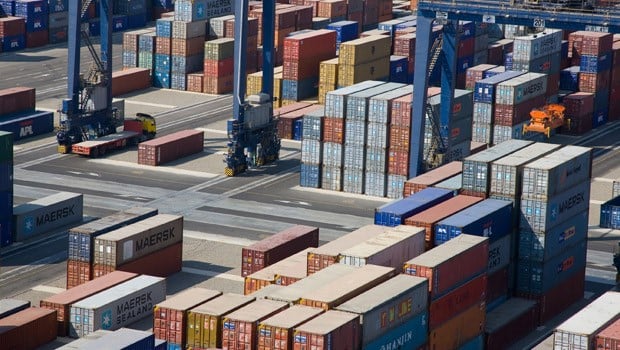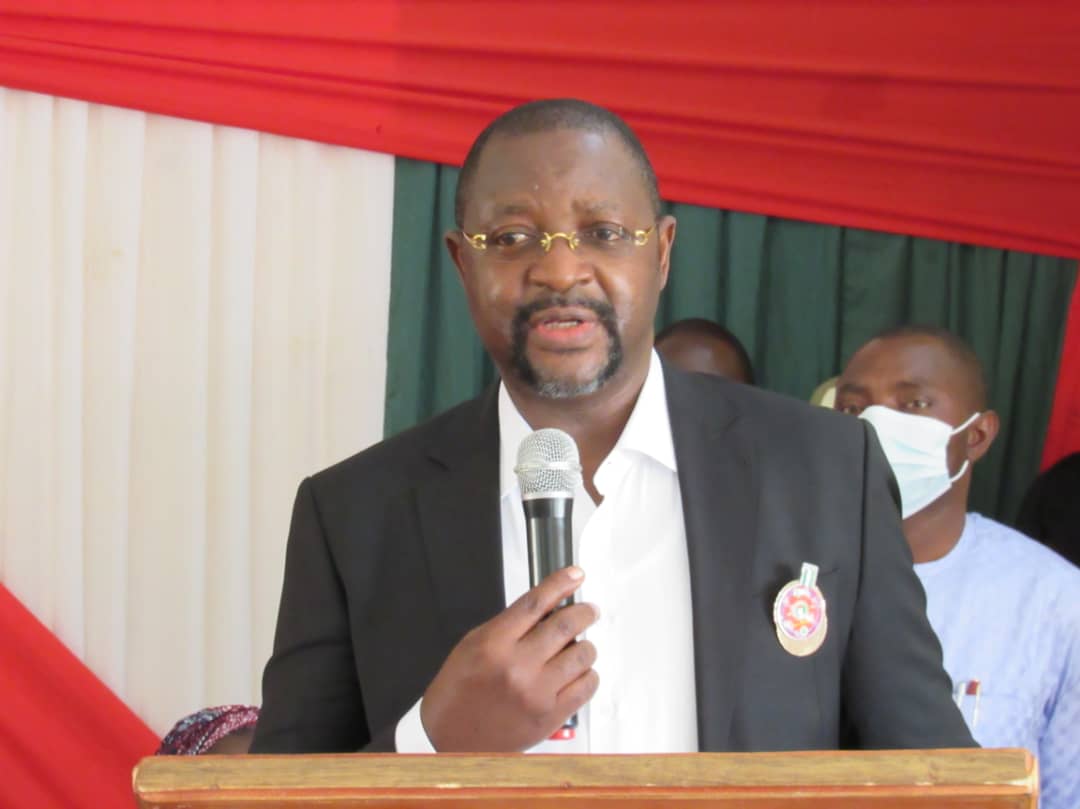SB Morgen, Africa focused geopolitical research firm, has identified events that would shape Nigeria’s international trade dynamics in 2021.
These are the ratification of the African Continental Free Trade Area (AfCFTA) agreement by the federal government, and the emergence of Ngozi Okonjo-Iweala as the director-general (DG) of the World Trade Organization (WTO)
SB Morgen in its latest report, “The Year Ahead: Light at the End of the Tunnel, What to Expect in 2021”, said with a transition to the Biden-led United States (US) administration in January 2021, consensus will likely be reached for Okonjo-Iweala’s appointment, noting that a Nigerian nominee landing the position would give the country’s international reputation a much-needed boost.
The candidacy of Okonjo-Iwela for the WTO DG has received broad support across Africa, the EU, Latin America, and Japan, but has faced pushback from the US government.
Advertisement
“However, it will also invite greater scrutiny of the government’s trade policies: how can a country be hostile to imports if its own citizen heads the largest global organisation committed to free trade,” the report said.
It noted that trade protectionism has been a feature of Nigeria’s economic policy over the last four decades, with different administrations since the 1980s, placing varying levels of import restrictions with the hope of boosting local production, often with support from interest groups such as farmer and manufacturer associations.
“Given this history, any claims about Nigeria’s commitment to free trade are often taken with a grain of salt,” the report said.
Advertisement
“However, reopening the land borders would at least demonstrate a credible commitment to the letter and spirit of the free trade agreement.”
There seems to be hope in this regard as President Muhammadu Buhari during a meeting with governors of the 36 states said the nation’s land borders shut in August 2019 would be reopened soon.
The report predicted that the Nigerian government will continue to struggle in 2021 due to poor revenue sources caused by slow global economic recovery from the coronavirus pandemic, which has kept oil prices low.
“The high cost of debt servicing will continue to eat away whatever revenue that comes in as non-oil revenue will be nowhere near enough to adequately cover-up,” the report said.
Advertisement
“The desperation to drive investment into the country and unlock growth in the oil sector will make it highly imperative to pass the Petroleum Industry Bill (PIB) most likely in the second half of 2021.
“With the available statistics, Nigeria is very likely to return to positive growth by Q4, 2021, thus exiting the recession. This development would be made possible and likely driven by slightly higher oil prices, as well as a reopening of borders which will reverse the decline of the trade sector, one of the largest employers of labour in the country.
“The CBN is considering tampering with the Monetary Policy Rates and Cash Reserve Ratio as well as the Loan Deposit Ratio. This is expected to ramp up extra-monetary interventions and expand its regulatory oversight over banking and other sectors closely tied to finance. No matter how the pendulum swings, the outcome will likely be sluggish and a painful economic growth.”
Advertisement
Add a comment







